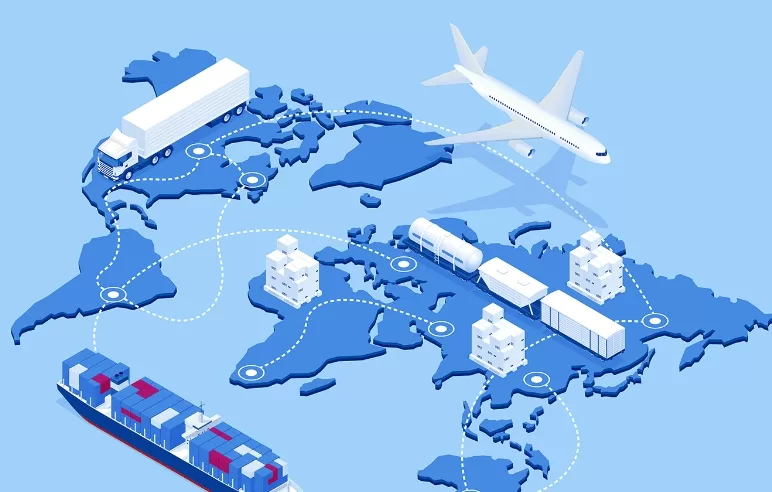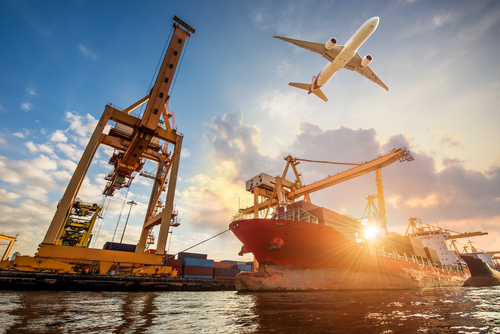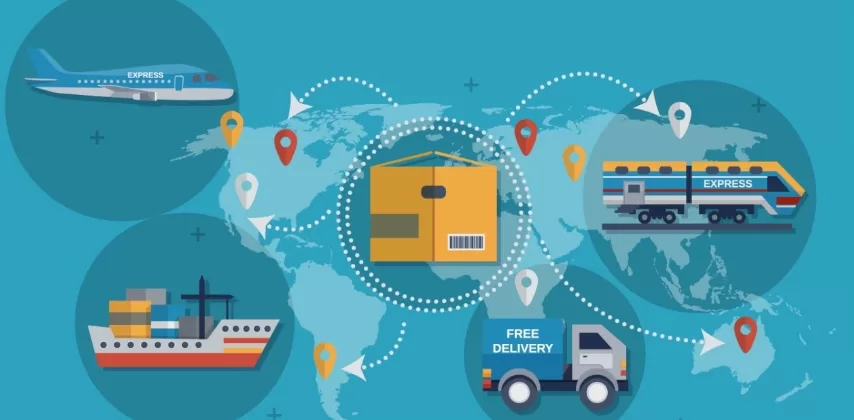How can freight logistic navigate trade agreements and free trade zones?
Trade agreements and free trade zones are critical components of global trade. They facilitate the smooth flow of trade and reduce barriers between countries. For freight logistics companies, these agreements can optimize supply chains and ensure compliance with international trade regulations. In this guide, we will share how freight logistic can effectively navigate trade agreements and use free trade zones to benefit businesses in different industries.
Importance of Trade Agreements in Freight Logistic
Trade agreements are bilateral or multilateral treaties that govern the terms of trade between countries, which can reduce tariffs, quotas, and other trade barriers. For freight logistics, these agreements simplify customs procedures, reduce costs, and speed up the flow of goods across borders. By being familiar with trade agreements’ specific terms and conditions, logistics providers can provide customers with efficient transportation solutions. In addition, taking advantage of preferential tariffs and trade preferences can help companies seize opportunities to expand their global influence.
Critical Factors in Freight Logistics in Trade Agreement Compliance
Compliance with trade agreements involves adherence to rules of origin, tariff classifications, and documentation requirements. Freight logistics companies accurately classify goods according to HS codes to determine applicable tariffs and eligibility for preferential treatment. This involves determining the country of origin of goods and ensuring compliance with standards set out in trade agreements.
Rules of Origin Verification
Rules of origin define the criteria for determining the origin of a product and whether a product qualifies for preferential tariff treatment under a trade agreement. Freight logistics companies play a vital role in verifying and documenting the origin of goods through certificates of origin or supplier declarations. Compliance requires detailed documentation and adherence to specific requirements outlined in trade agreements.
Customs documents and procedures
Dealing with customs documents and procedures affects the transportation of freight logistics. Complying with trade agreements requires accurate completion of customs declarations, invoices, and other required documents. The freight forwarder must ensure that these documents comply with the regulations of both the exporting and importing countries. Companies can refrain from operating these trade agreement provisions and minimize non-compliance risk by working with professional logistics experts.
Leveraging Free Trade Zones for Efficient Logistics Operations
Free Trade Zones (FTZs) are designated geographical areas within a country where goods can be imported, manufactured, and re-exported with fewer tariffs and administrative burdens. One of the main benefits of operating within a free trade zone is the exemption or reduction of duties and tariffs on imported goods. Goods imported into an FTZ can store, process, etc., without needing to pay duties immediately. This tariff deferral system allows freight logistics companies to optimize cash flow by delaying the payment of tariffs. As an additional benefit, freight logistics companies can also set up distribution centers or warehouses within the free trade zone, shortening delivery time and improving overall efficiency. In addition, FTZ customs are usually equipped with specialized facilities and personnel to shorten logistics delivery time.
Strategies for maximizing the benefits of free trade zones
To maximize the benefits of free trade zones, freight logistics providers can select FTZ locations based on their distance from major markets, suppliers, transportation hubs, and ports. At the same time, they can take advantage of efficient transportation infrastructure to achieve seamless inbound and outbound logistics operations. They can also take full advantage of tariff deferrals or exemptions within free trade zones. After imported goods enter the free trade zone, they do not need to pay tariffs immediately, thus saving costs. The last is to take advantage of the simplified customs procedures and fast customs clearance process provided by the FTZ.
Achieving successful freight logistic
Managing trade agreements and free trade zones requires freight logistics providers to have planning, regulatory expertise, and operational agility, and HTD has such capabilities. By understanding the nuances of trade agreements, leveraging the advantages of free trade zones, and embracing technological innovation, we can provide seamless supply chain solutions and tailor-made cross-border logistics solutions for you.





